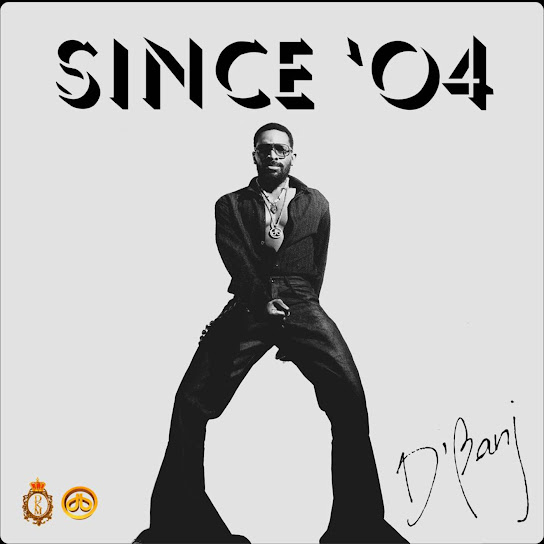Here is the answer and explanation to the question What is the climax of the poem “The Love Song of J. Alfred Prufrock,” and why is the climax important?
What is the climax of the poem “The Love Song of J. Alfred Prufrock,” and why is the climax important?
Bạn đang xem: What is the climax of the poem “The Love Song of J. Alfred Prufrock,” and why is the climax important?
| Certified Educator
The climax of “The Lovesong of J. Alfred Prufrock” can be found near the end of the poem in stanza 15. The poem revolves around “the question” that Prufrock is considering asking, but he is an indecisive man. Let’s review the poem to discuss the importance of the climax and realization in stanza 15.
The poem begins with an epigraph in Italian. The epigraph is a direct quotation from The Inferno by Dante Allegirhi presented in the original Italian. Eliot doesn’t translate it, but the lines are spoken in the poem by Guido de Montefeltro, who is in the eighth circle of Hell. Guido is in the eighth circle because of sins he committed during a war and having the audacity to ask for forgiveness before committing the sins (that’s not the way it works).
In the epigraph selection, he is telling Dante that he would typically not speak of his sins because he wanted to keep his reputation intact on Earth but that he will tell Dante because it’s unlikely he can go back to earth from Hell. The epigraph tells us a few things: first that Prufrock might be concerned about his reputation in the poem and second that he might be like Montefeltro in wanting the answer to the question before he asks it.
In the poem, leading up to the climax, we learn about Prufrock’s life. He is leading someone, presumed to be his lover, through the seedy streets of some city. He continually references the idea that “there will be time” (line 23, stanza 4), building the idea that he is delaying asking “an overwhelming question” (line 10, stanza 1) because asking it could “disturb the universe” (line 46, stanza 6).
Prufrock is ultimately indecisive about whether or not he should ask the question of his lover—the question being a marriage proposal. The idea of rejection paralyzes Prufrock, and that is why he continually insists that there is more time. His continued refrain about having more time is important because, by the end of the poem, he realizes that he is out of time and has grown old.
In the climax of the poem, the idea of time and the decision about the question come to their breaking point. Prufrock declares, “No! I am not Prince Hamlet, nor was it meant to be” (line 111, stanza 15), referencing Hamlet’s famous speech about to be or not to be. Prufrock, in declaring that he is not Hamlet, is saying he has made a decision. His decision and conclusion are that it was not meant to be, meaning marriage. He begins to see himself as a bit part in the story, not the main character.
He comes to terms with his shortcomings and realizes that he has waited too long to ask the question, and instead, he is getting old. Prufrock’s indecision and worry have led him to a wasted life—instead of living and enjoying the fruits of a relationship realized, he has worried so much about rejection that he made it a reality by not asking.
| Certified Educator
In literary terms, the climax of a work denotes its turning point—specifically, it is the point where a narrative begins to provide solutions, rather than ask questions or intensify tension. In this poem, the point of climax can really be narrowed down to one line, beginning with the very decisive “No!”
This “No!” is the first instance of decisiveness we have seen from Eliot’s most indecisive of protagonists. As he states firmly, toward the end of the poem, that he “is not Prince Hamlet, nor was meant to be,” the tone of the poem changes. Up to this point, it has been full of “argument,” “question,” and contemplation. The introspective Prufrock is trying to understand himself; he is asking himself questions, specifically whether he “dare” seize the opportunity he feels may be within his reach. Does he dare “disturb the universe”?
At this point of climax, Prufrock answers his own question at last. He determines here that it would not have “been worth it” to have made the leap he has been contemplating. He condemns himself as an “attendant lord,” somebody who is not fit to be the hero, even within his own story. It is important, therefore, because it provides the final indication that Prufrock, for all his hope and pondering, is not actually strong enough to make the move he has dreamed of. Instead, he has determined that he is “the Fool” of the drama in which he has been cast, and will instead withdraw, sure that the “mermaids” of life will have no songs for him.
| Certified Educator
The climax of the poem comes near the end, in lines 111–119:
No! I am not Prince Hamlet, nor was I meant to be;
Am an attendant lord, one that will do
To swell a progress, start a scene or two,
Advise the prince; no doubt, an easy tool,
Deferential, glad to be of use,
Poetic, cautious, and meticulous;
Full of high sentence, but a bit obtuse;
At times, indeed, almost ridiculous—
Almost, at times, the Fool.
It is important because it marks the end of a figurative and literal journey for the narrator, who wanders the streets of London pondering the meaning of his existence and whether he can muster the nerve to “disturb the universe” by telling a woman that he loves her—or by speaking the truth at all.
In his internal battle, the narrator initially tells himself that “there will be time,” but time slips quickly away. As he strolls the dismal streets, he wonders what meaning his life has had. He realizes that even if he had risen from the dead like Lazarus and knew the meaning of life, it wouldn’t matter if no one was interested in hearing it.
At the climax, the narrator confesses that he is not a prince like Hamlet and therefore not destined to take any great action or make any heroic gestures. Instead, he will continue to “measure out his life in coffee spoons.” From this point on, he is content with his role and accepts himself for who he is. He has decided not “to force the moment to its crisis.” He is but an attendant lord, and he will have to be content with that. The journey is over. He has found himself.
See eNotes Ad-Free
Start your subscription to get access to more than 30,000 additional guides and more than 350,000 Homework Help questions answered by our experts.
Start your Subscription
Further Reading
- http://geocities.jeremyhubble.com/prufrock.html
Do you find that the article What is the climax of the poem “The Love Song of J. Alfred Prufrock,” and why is the climax important?
If not, please leave a comment below the article so that our editorial team can improve the content better
Post by: THCS LeQuyDon
Category: question
#climax #poem #Love #Song #Alfred #Prufrock #climax #important #eNotescom



